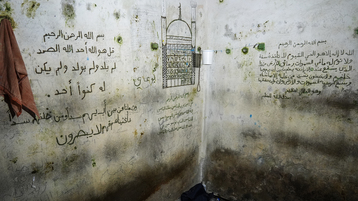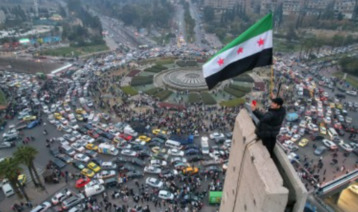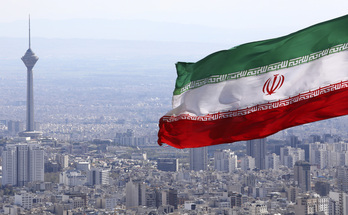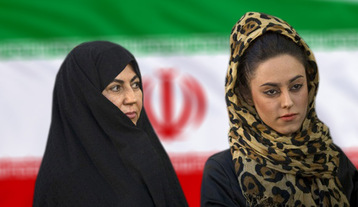-
Gas crisis puts German-Russian relations on the line
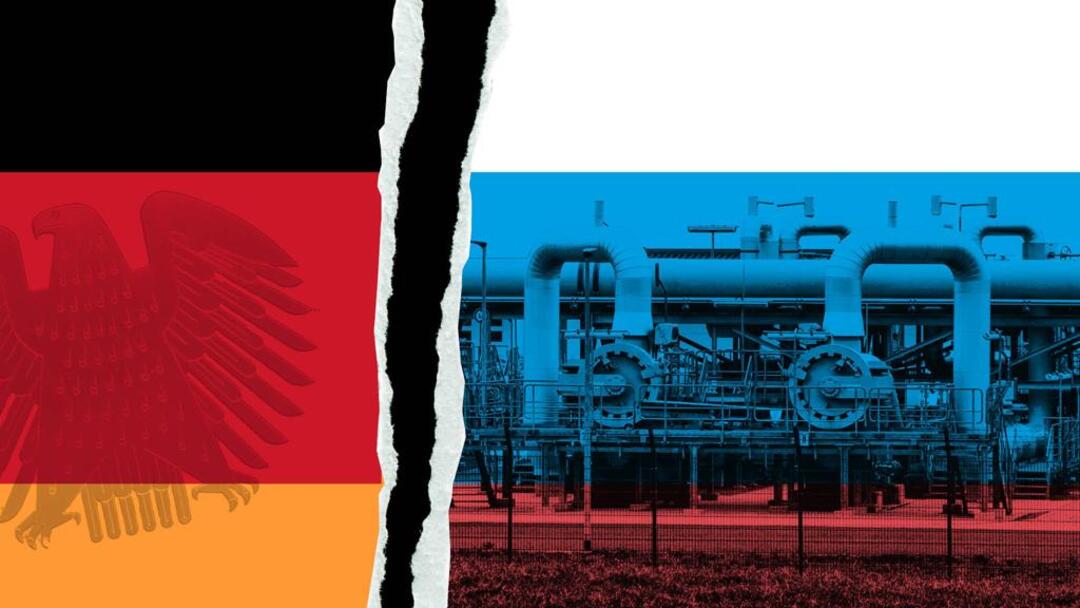
Germany still fear flow may never restart as annual maintenance work began between 11 -21 July 2022 on Nord Stream 1 pipeline. Germany is bracing itself for a potentially permanent halt to the flow of Russian gas when maintenance work begins on the Nord Stream 1 pipeline that brings the fuel to Europe’s largest economy via the Baltic Sea. The work on the (1,220km) pipeline is an annual event and requires the gas taps to be closed for 10 to 14 days. But never before in the pipeline’s decade-long history has Germany seriously been asking whether the flow will begin again. Robert Habeck, Germany’s economy minister, has not shied away from addressing the government’s concerns. On Saturday, he spoke of the “nightmare scenario” that could occur.[1]
Uncertainty over Gas supply
Uncertainty over energy supply means that market volatility will likely remain high. Global supply chain issues, the Russia-Ukraine war, rising energy prices, and high inflation are all serving as headwinds for the Eurozone, and now forecast GDP growth of 2.7% this year and only 1.2% next year (1.5% and 0.9% for Germany). Companies are also being affected by the reduced growth outlook and economic and business challenges in the US and China, both of which are key regions for European exporters. While continue to see select attractive opportunities for long-term investors, short-term risks should not be ignored.[2]
Nord Stream1maintenance
Canada has announced on 10th July 2022 it will return to Germany a repaired turbine of the Russian Nord Stream 1 pipeline, which is a core source of the gas supply to Germany. It comes as the pipeline prepares to undergo maintenance from July 11 to 21. Although the maintenance is nominally routine, the tension with Russia and the sanctions status in allied countries like Canada had prompted German leaders to consider the possibility of a longer shutdown. The repairs come amid Canadian sanctions against Russia extending "to land and pipeline transport and the manufacturing of metals and of transport, computer, electronic and electrical equipment, as well as of machinery."Ukraine had urged Canada not to return the repaired part, saying it would undermine sanctions against Russia.[3]
Ukrainian government criticized Canada’s decision
The Ukrainian government criticized Canada’s decision to return the turbine, saying it would embolden Moscow to “continue to use energy as a tool of hybrid warfare against Europe.”Ukrainian officials have argued that there is no technical basis for Russia’s demand that the turbine be returned because the pipeline can operate without it. Moscow, they say, is choosing to weaponize gas flow in retaliation for sanctions.“This dangerous precedent violates international solidarity, goes against the principle of the rule of law and will have only one consequence: it will strengthen Moscow’s sense of impunity,” Ukraine’s foreign and energy ministries said in a statement.
Conclusion
Ukraine still argues that the Canadian government's move to repair and send the turbine to Germany is a violation, but the truth of the matter is never that, because the sanctions imposed by Brussels, the European Union and the West on Russia, gave Germany and some European countries a period until the end of this year 2022 in order to find an alternative Russian gas and energy. What Germany and Canada are doing at the present time can be explained within the routine annual maintenance of the Nord Stream 1 pipeline, and cannot be considered a violation of European sanctions against Russia.
German concern about the possibility of stopping gas supplies even after it was repaired on July 21, 2022 are legitimate concerns, because of the possibility that Russia will take a decision to stop gas supplies to Germany, and this matter is not excluded, since no one guarantees what is going on in the minds of Russian President Putin
Although some analysts believe that Germany can make concessions to Russia in order to ensure the flow of gas and avoid an energy supply crisis, this is unlikely, since Germany is still committed to the policies of imposing economic sanctions against Russia, in addition to the pressures that the German Chancellor is subjected to from within the government. And Parliament, as well as from the European Union and the US administration.
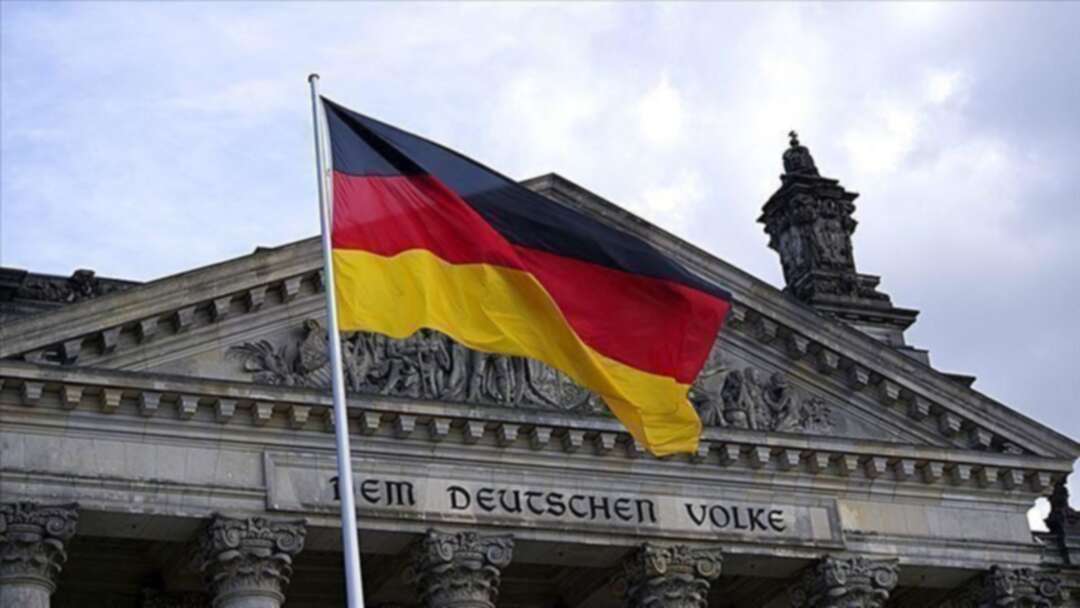
This means that the political and economic relations between Berlin and Moscow have declined to the fullest extent, and it is difficult to return to their state before the Ukraine war. Russian-German relations have entered a new stage, and Germany has no choice but to bet on its relations within the European Union and its transatlantic relationship.
Reference
[1]Germany braces for ‘nightmare’ of Russia turning off gas for good | Germany | The Guardian
bit.ly/3aAxcg0
[2]Nord Stream 1 maintenance raises concern over gas cutoff | UBS United States of America
bit.ly/3PdxND6
[3]Nord Stream 1: Canada to return repaired Russian pipeline part to Germany
bit.ly/3Rr0mi7
By: Jassim Mohamad - Bonn
You May Also Like
Popular Posts
Caricature
BENEFIT AGM approves 10%...
- March 27, 2025
BENEFIT, the Kingdom’s innovator and leading company in Fintech and electronic financial transactions service, held its Annual General Meeting (AGM) at the company’s headquarters in the Seef District.
During the meeting, shareholders approved all items listed on the agenda, including the ratification of the minutes of the previous AGM held on 26 March 2024. The session reviewed and approved the Board’s Annual Report on the company’s activities and financial performance for the fiscal year ended 31 December 2024, and the shareholders expressed their satisfaction with the company’s operational and financial results during the reporting period.
The meeting also reviewed the Independent External Auditor’s Report on the company’s consolidated financial statements for the year ended 31 December 2024. Subsequently, the shareholders approved the audited financial statements for the fiscal year. Based on the Board’s recommendation, the shareholders approved the distribution of a cash dividend equivalent to 10% of the paid-up share capital.
Furthermore, the shareholders endorsed the allocation of a total amount of BD 172,500 as remuneration to the members of the Board for the year ended 31 December 2024, subject to prior clearance by related authorities.
The extension of the current composition of the Board was approved, which includes ten members and one CBB observer, for a further six-month term, expiring in September 2025, pending no objection from the CBB.
The meeting reviewed and approved the Corporate Governance Report for 2024, which affirmed the company’s full compliance with the corporate governance directives issued by the CBB and other applicable regulatory frameworks. The AGM absolved the Board Members of liability for any of their actions during the year ending on 31st December 2024, in accordance with the Commercial Companies Law.
In alignment with regulatory requirements, the session approved the reappointment of Ernst & Young (EY) as the company’s External Auditors for the fiscal year 2025, covering both the parent company and its subsidiaries—Sinnad and Bahrain FinTech Bay. The Board was authorised to determine the external auditors’ professional fees, subject to approval from the CBB, and the meeting concluded with a discussion of any additional issues as per Article (207) of the Commercial Companies Law.
Speaking on the company’s performance, Mr. Mohamed Al Bastaki, Chairman BENEFIT , stated: “In terms of the financial results for 2024, I am pleased to say that the year gone by has also been proved to be a success in delivering tangible results. Growth rate for 2024 was 19 per cent. Revenue for the year was BD 17 M (US$ 45.3 Million) and net profit was 2 Million ($ 5.3 Million).
Mr. Al Bastaki also announced that the Board had formally adopted a new three-year strategic roadmap to commence in 2025. The strategy encompasses a phased international expansion, optimisation of internal operations, enhanced revenue diversification, long-term sustainability initiatives, and the advancement of innovation and digital transformation initiatives across all service lines.
“I extend my sincere appreciation to the CBB for its continued support of BENEFIT and its pivotal role in fostering a stable and progressive regulatory environment for the Kingdom’s banking and financial sector—an environment that has significantly reinforced Bahrain’s standing as a leading financial hub in the region,” said Mr. Al Bastaki. “I would also like to thank our partner banks and valued customers for their trust, and our shareholders for their ongoing encouragement. The achievements of 2024 set a strong precedent, and I am confident they will serve as a foundation for yet another successful and impactful year ahead.”
Chief Executive of BENEFIT; Mr. Abdulwahed AlJanahi commented, “The year 2024 represented another pivotal chapter in BENEFIT ’s evolution. We achieved substantial progress in advancing our digital strategy across multiple sectors, while reinforcing our long-term commitment to the development of Bahrain’s financial services and payments landscape. Throughout the year, we remained firmly aligned with our objective of delivering measurable value to our shareholders, strategic partners, and customers. At the same time, we continued to play an active role in enabling Bahrain’s digital economy by introducing innovative solutions and service enhancements that directly address market needs and future opportunities.”
Mr. AlJanahi affirmed that BENEFIT has successfully developed a robust and well-integrated payment network that connects individuals and businesses across Bahrain, accelerating the adoption of emerging technologies in the banking and financial services sector and reinforcing Bahrain’s position as a growing fintech hub, and added, “Our achievements of the past year reflect a long-term vision to establish a resilient electronic payment infrastructure that supports the Kingdom’s digital economy. Key developments in 2024 included the implementation of central authentication for open banking via BENEFIT Pay”
Mr. AlJanahi concluded by thanking the Board for its strategic direction, the company’s staff for their continued dedication, and the Central Bank of Bahrain, member banks, and shareholders for their valuable partnership and confidence in the company’s long-term vision.
opinion
Report
ads
Newsletter
Subscribe to our mailing list to get the new updates!


